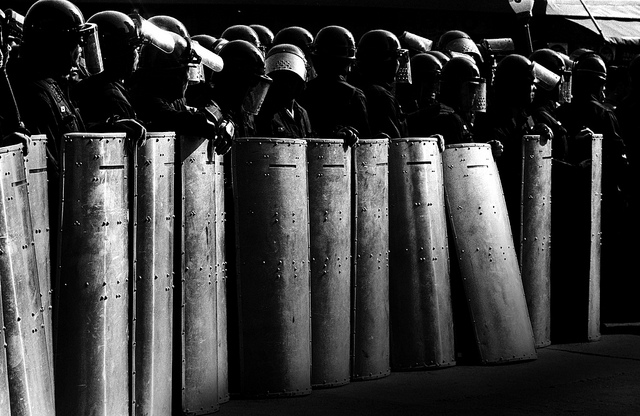Parole dell’anno 2017 (Prima parte)

fake news – sostantivo (American Dialect Society, Collins Dictionary)
youthquake – sostantivo (Oxford University Press)
Fake news is nothing new. But bogus stories can reach more people more quickly via social media than what good old-fashioned viral emails could accomplish in years past.
Trump has long sought to use the media as his foil and has bestowed the “fake news” term liberally on unflattering stories throughout his time in office.
The epicenter of the youthquake was London, home to Carnaby Street, James Bond’s gadgets and the Beatles’ Abbey Road studio.
Ogni anno in questo periodo i dizionari più autorevoli, alcuni istituti di lingua e cultura e altre organizzazioni annunciano le rispettive ‘parole dell’anno’, quelle che riassumono l’anno appena finito.
L’ultima istituzione a pronunciarsi è, come sempre, l’American Dialect Society, la cui metodologia conferisce alla scelta una validità che talvolta manca ad altri organismi (l’ADS invita i propri membri a votare per una parola o frase in diverse categorie, per esempio ‘parola più utile’ o ‘parola più eufemistica’ ecc.). Per il 2017 l’ADS ha incoronato vincitrice fake news, il termine sulla bocca di tutti sin dall’entrata in carica di Trump alla presidenza degli Stati Uniti, e che rappresenta anche la scelta del Collins English Dictionary. Noi ne abbiamo parlato in un post dell’anno scorso, così come un’altra espressione segnalata dall’ADS, take a knee.
Nel Regno Unito l’Oxford University Press ha invece nominato, non senza polemiche, youthquake, fusione di youth ed earthquake, che risale agli anni ’60, quando fu coniata per descrivere i grandi cambiamenti sociali dell’epoca.
Nel prossimo post prenderemo in esame altre parole dell’anno 2017.
Traduzione di Loredana Riu
fake news – noun (American Dialect Society, Collins Dictionary)
youthquake – noun (Oxford University Press)
Fake news is nothing new. But bogus stories can reach more people more quickly via social media than what good old-fashioned viral emails could accomplish in years past.
Trump has long sought to use the media as his foil and has bestowed the “fake news” term liberally on unflattering stories throughout his time in office.
The epicenter of the youthquake was London, home to Carnaby Street, James Bond’s gadgets and the Beatles’ Abbey Road studio.
The new year is upon us and the various publishers and other organizations that select a Word of the Year to sum up the one that has ended have all published their choices.
Last to declare, as always, is the venerable American Dialect Society, whose methodology of nominations and votes from members in multiple categories lends it greater validity than some of the others. The ADS chose as its 28th overall Word of the Year the very topical fake news, whose original meaning has been supplemented over the past year by the one favoured by President Trump and anyone who wants to discredit a news story they disagree with. The term was also the choice of Collins Dictionary. It was covered in a blog post published on this site in the middle of last year, as was another of the ADS’s choices, take a knee.
Oxford University Press raised some eyebrows with its selection of youthquake, but in fact the term goes back some decades, being first used in the mid 1960s to describe the upheavals of that period. It is, of course, a blend of youth and earthquake.
In the next post we’ll take a look at some more WOTY choices.



